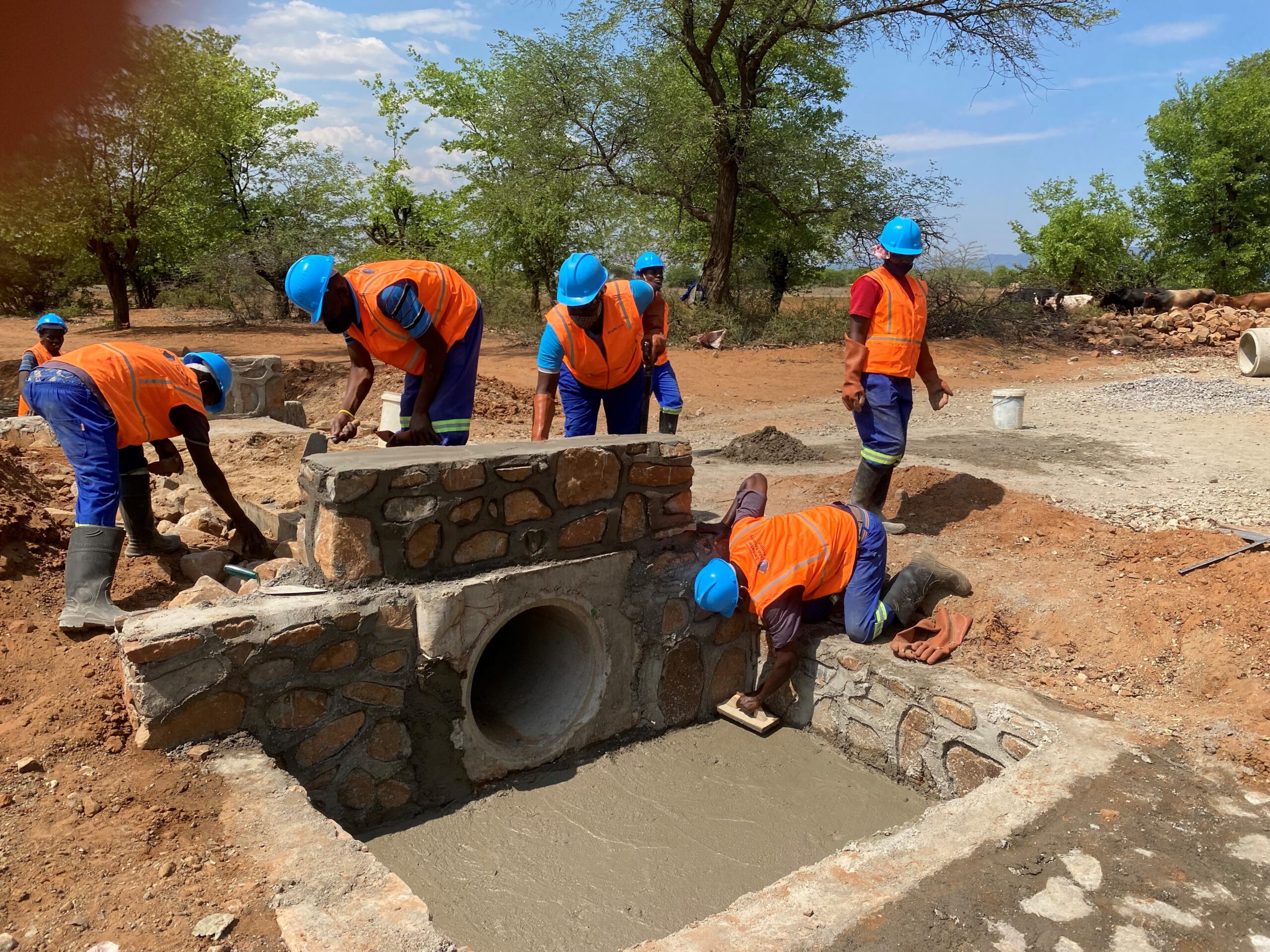
CHILDREN who live on the streets of Harare say the onset of the rains has brought more misery to their lives as lack of shelter is exposing them to adverse weather conditions.
BY HAZVINEI MWANAKA
While the coming of the rainy season brings hope to farmers and other people, street children yearn for dry conditions to continue. They fear the dangers associated with rains, considering that they live in the open with no shelter over their heads.
The street children told StandardCommunity that they now fear the worst after a recent warning by the Metrological Services department of possible severe floods in most parts of the country.
Desire (14) said street life was not easy especially when it was raining as their makeshift cardboard box shelters were easily destroyed.
“At night we cannot even light fires to keep us warm in the drains which will be flowing with water,” he said. “We end up catching colds and other waterborne diseases. This is worsened by the fact that we have no access to health care.”
Stephanie (17) stays with her young sister on the streets. She said their blankets (cardboard boxes) were often stolen by other kids each time the two went out to beg for food.
“We also have challenges in getting our clothes dry as we do not have proper places to dry them,” she said.
- Chamisa under fire over US$120K donation
- Mavhunga puts DeMbare into Chibuku quarterfinals
- Pension funds bet on Cabora Bassa oilfields
- Councils defy govt fire tender directive
Keep Reading
Colds and influenza are common illnesses that affect the street children due to exposure to fluctuating temperatures.
Clinical Immunologist and allergies specialist Elopy Sibanda said lack of medical facilities and sudden weather changes makes these children prone to contracting diseases.
“Continuous exposure to different weather elements, which are wind and earth water which they were not expecting and not prepared for, makes them prone to respiratory diseases such as asthma,” he said.
“They can also have abdominal problems from eating food from the bins because of the increased contamination by the rains.”
Awake Zimbabwe Trust director Tichaona Mutore said the government needs to consider the plight of the children living in the streets.
“These kids have no one to take care of them,” he said. “Government has to find ways to equip them with life skills so that they can leave the streets and do something beneficial, otherwise their lives are left at risk especially during this rainy season.”
According to the United Nations International Children’s Emergency Fund 2010 report, out of the country’s 1,3 million orphans, approximately 100 000 are living on their own in child-headed households.











